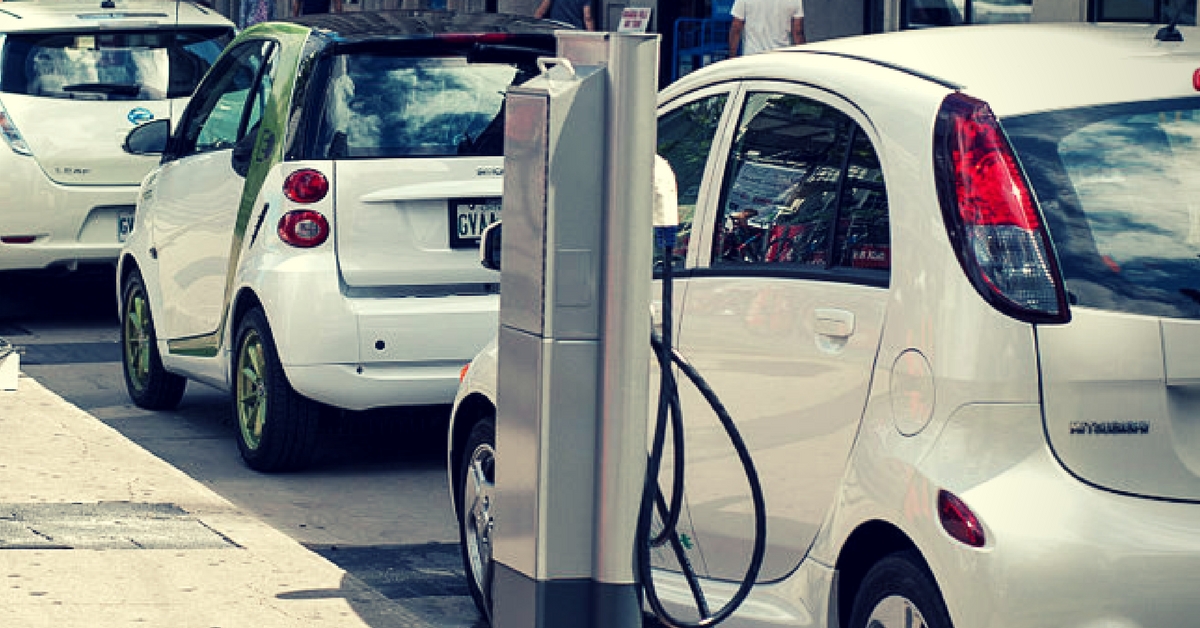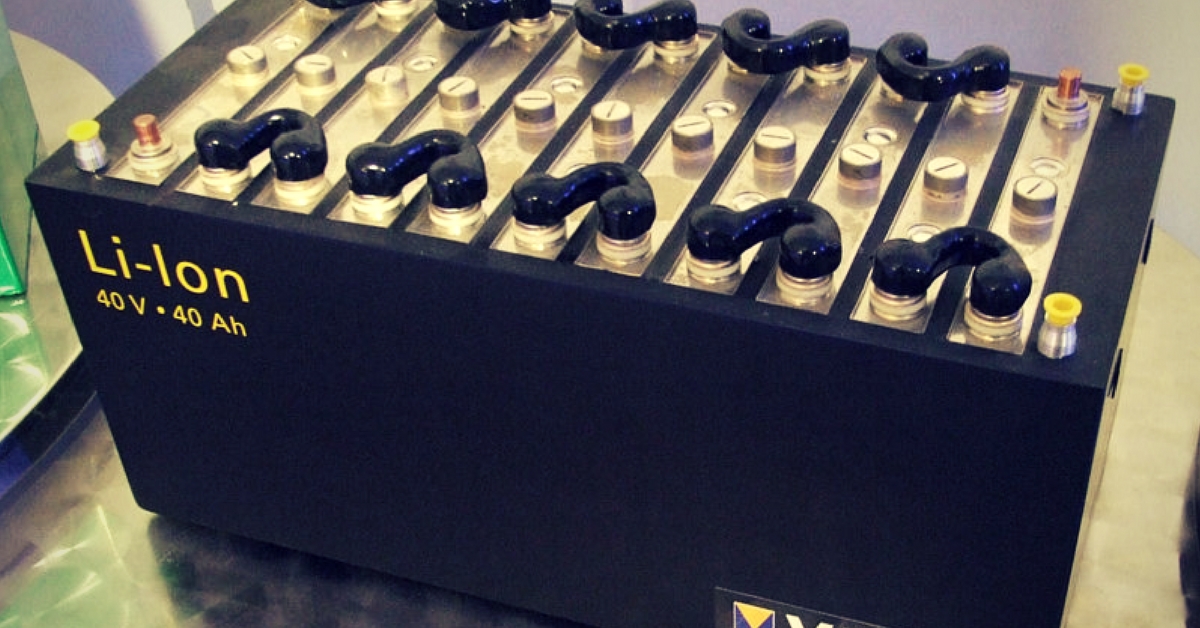Vehicular pollution is at an all-time high, and India’s crude oil imports amount to Rs 7 lakh crore annually. This has prompted the authorities to consider greener, alternative means of transport.
According to media reports, ISRO’s lithium-ion battery technology may soon be available for commercial use in e-vehicles. A panel headed by cabinet secretary PK Sinha has made the recommendation.

The panel, according to the Economic Times, has advised that “ISRO may consider transferring” its lithium-ion battery technology to interested parties on a “non-discriminatory basis for commercialisation with a ‘Make in India’ condition.”
Only the approval of the space commission and other authorities is required. However, battery makers will be expected to pay Rs 1 crore as a one-time technology transfer fee, according to a report in the Business Standard
The committee of secretaries recommends that the Power Ministry should look into “requisite power tariff and access policies,” for enabling development of charging infrastructure and consult with the Central Electricity Regulatory Commission and others concerned, for the same.
The panel, according to some, is on a mission to increase the use of zero-emission vehicles, amidst India’s growing dependence on oil, and deteriorating air quality.
This move comes as a relief because as of now, Li-ion batteries are not manufactured commercially in India, and are imported from Japan or China. This is perhaps what prompted Niti Aayog member VK Saraswat, to remark that India needs to step up Li-ion battery production.
The committee met on 8 January 2018, to discuss a viable strategy to increase the use of e-vehicles, and other technologies, to reduce emissions. The meeting was attended by several prominent dignitaries, including representatives from the department of space and cabinet secretariat
The panel has a long list of recommendations, which include but aren’t limited to:
A mission under the Niti Aayog scheme, and an umbrella policy for driving the program to boost the use of zero-emission vehicles.
An examination by the Ministry of Petroleum and Natural Gas, of the possibility of leveraging the existing retail network of oil marketing companies, to scale up public charging infrastructure.
An advisory, by the Ministry of Road Transport and Highways, to states, ensuring that the registration of Zero Emission Vehicles is facilitated.
Steps to ensure leadership and inter-ministerial coordination in the monitoring structure suggested by the Niti Aayog.
You may also like:- 22 Satellites in One Mission – ISRO Creating History Again
Development and promotion of energy storage technologies, with a focus on grid-scale operations, by the Ministry of New and Renewable Energy.
Like this story? Or have something to share? Write to us: contact@thebetterindia.com, or connect with us on Facebook and Twitter.
NEW: Click here to get positive news on WhatsApp!
If you found our stories insightful, informative, or even just enjoyable, we invite you to consider making a voluntary payment to support the work we do at The Better India. Your contribution helps us continue producing quality content that educates, inspires, and drives positive change.
Choose one of the payment options below for your contribution-
By paying for the stories you value, you directly contribute to sustaining our efforts focused on making a difference in the world. Together, let's ensure that impactful stories continue to be told and shared, enriching lives and communities alike.
Thank you for your support. Here are some frequently asked questions you might find helpful to know why you are contributing?

